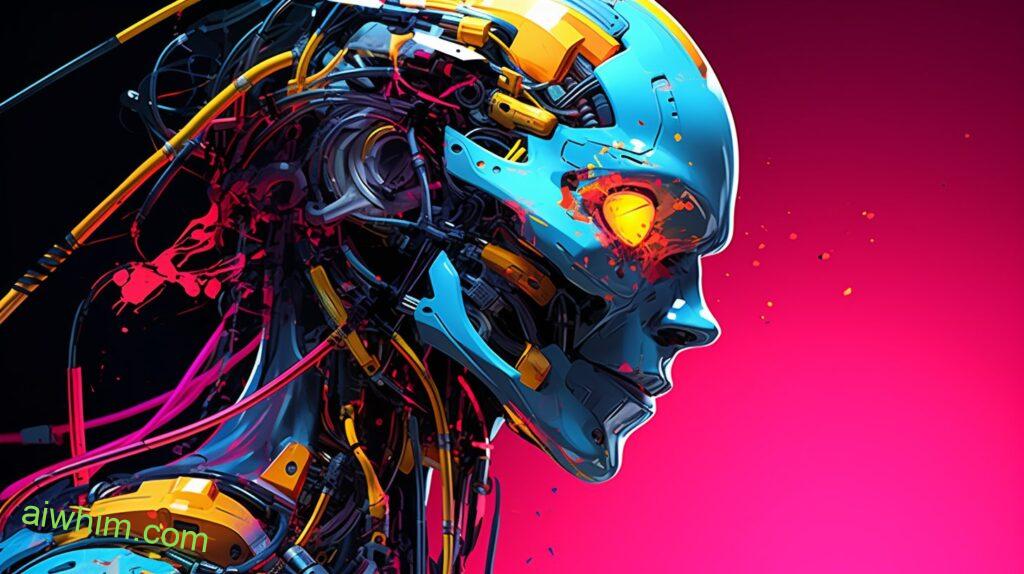Are you ready for a future where artificial intelligence (AI) takes over the role of health informatics specialists? While it may seem like an exaggeration, recent advancements in AI have raised questions about the potential impact on this specialized field.
As technology continues to evolve at an unprecedented pace, it leaves us wondering: Can AI truly replace the expertise and knowledge of health informatics specialists? The answer is not so straightforward, and in this discussion, we will explore the job outlook for health informatics specialists in the era of AI, highlighting the challenges and opportunities that lie ahead.
Stay tuned to discover the potential coexistence of AI and human expertise in the world of health informatics.
Key Takeaways
- Health informatics specialists play a crucial role in managing and analyzing healthcare data, ensuring accuracy, security, and accessibility.
- AI has the potential to revolutionize healthcare by analyzing vast amounts of data, assisting in disease diagnosis and treatment, and automating administrative tasks.
- However, there are limitations and risks associated with AI, including the reliance on quality data, lack of explainability, and concerns about privacy and security.
- The job outlook for health informatics specialists remains strong, as their expertise is essential in navigating ethical considerations, interpreting patient context, and balancing technological advancements with the human touch.
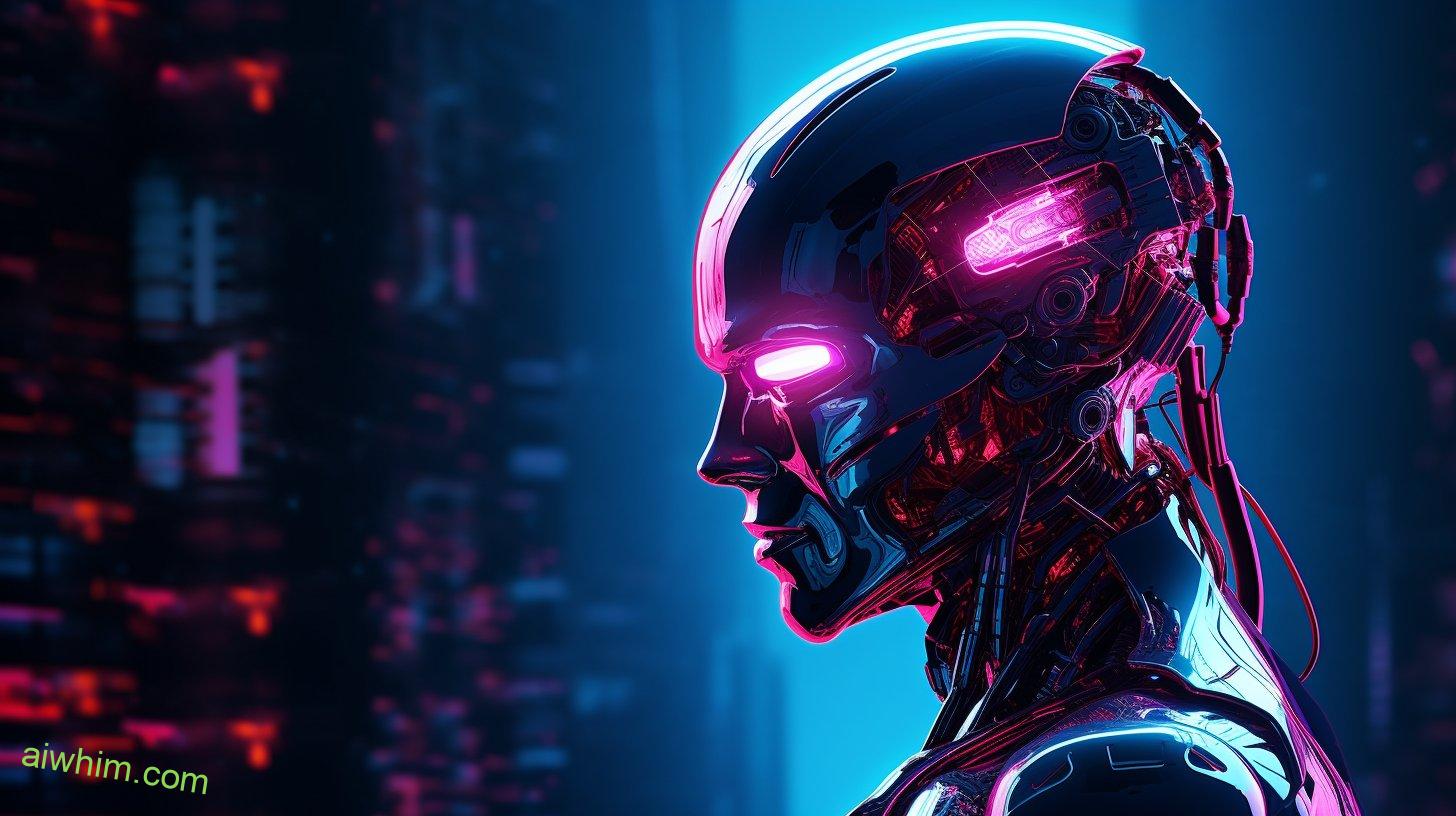
The Role of Health Informatics Specialists
Health informatics specialists play a crucial role in managing and analyzing healthcare data to improve patient outcomes. As a health informatics specialist, you’re responsible for ensuring that healthcare data is accurate, secure, and accessible. You work with healthcare providers, administrators, and IT professionals to implement and maintain electronic health record systems, as well as other health information systems.
One of the challenges faced by health informatics specialists is the complexity of healthcare data. Healthcare data comes in various formats and from different sources, making it challenging to integrate and analyze. You must have a deep understanding of data standards and coding systems to ensure that the data is consistent and meaningful. Additionally, ensuring the privacy and security of healthcare data is another challenge. With the increasing use of electronic health records and telemedicine, there’s a need to protect patient information from unauthorized access and breaches.
However, these challenges also present future opportunities for health informatics specialists. With advancements in technology, there’s a growing demand for professionals who can effectively manage and analyze healthcare data. As healthcare systems transition to value-based care and population health management, the need for skilled health informatics specialists will continue to rise.
You have the opportunity to leverage your expertise to improve patient outcomes, enhance healthcare delivery, and drive innovation in the field of healthcare informatics.
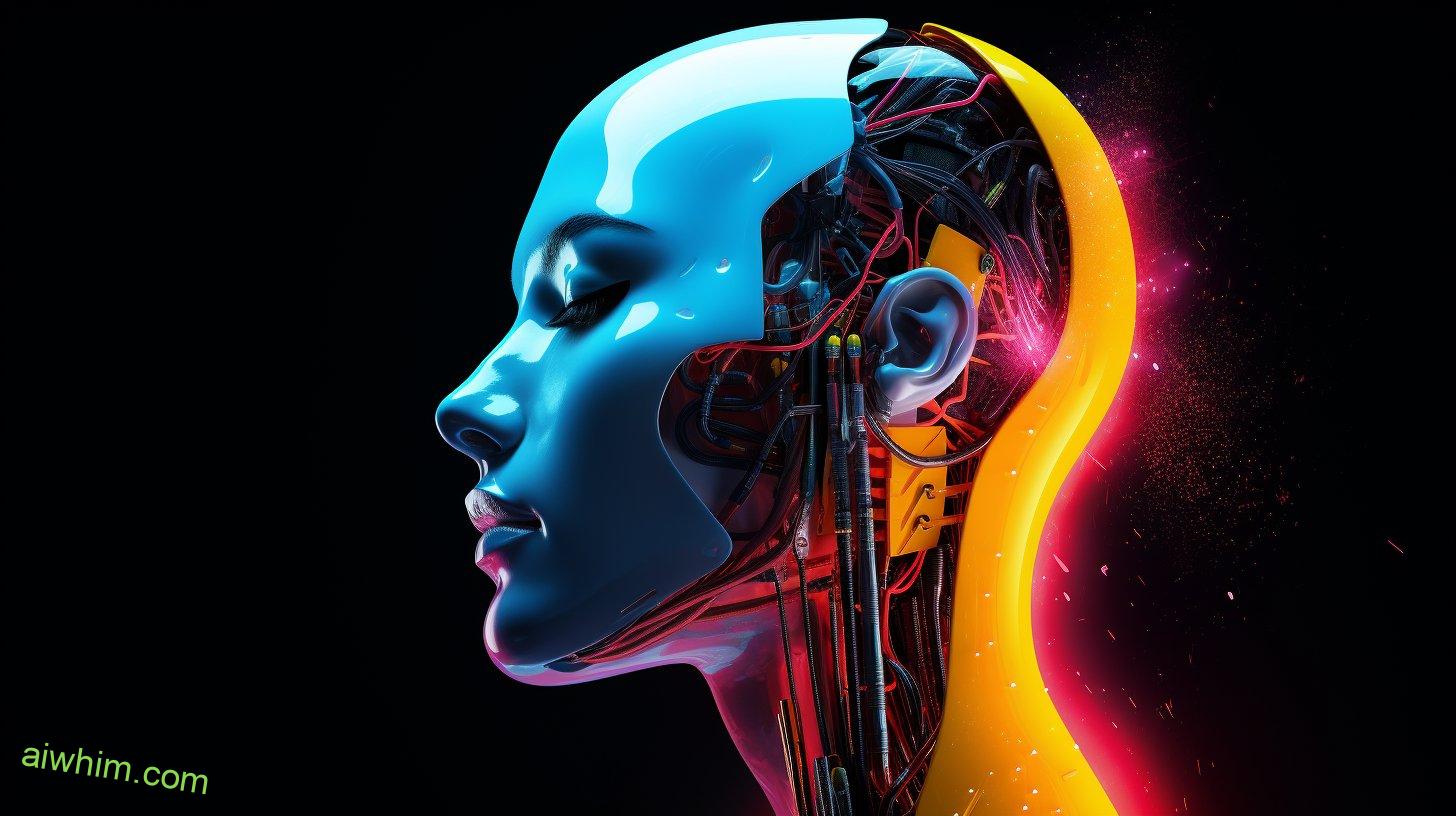
Understanding Artificial Intelligence (AI)
Artificial Intelligence (AI) is revolutionizing the healthcare industry by streamlining processes and improving outcomes. It’s important to understand the capabilities, limitations, and potential risks of AI to make informed decisions in this rapidly evolving field.
AI has the ability to analyze vast amounts of healthcare data and identify patterns that humans may overlook. It can assist in diagnosing diseases, predicting outcomes, and personalizing treatment plans. AI-powered tools can automate administrative tasks, such as scheduling appointments and managing electronic health records, freeing up healthcare professionals to focus more on patient care.
However, it’s crucial to recognize the limitations of AI. AI algorithms are only as good as the data they’re trained on. Biased or incomplete data can lead to inaccurate predictions and decisions. Additionally, AI systems may lack the ability to explain their reasoning, making it difficult for healthcare professionals to trust and understand their recommendations.
Furthermore, there are potential risks associated with AI in healthcare. Privacy and security concerns arise when sensitive patient information is stored and processed by AI systems. Malicious actors could exploit vulnerabilities in AI algorithms to gain unauthorized access to patient data or manipulate the system for their own gain.
To address these challenges, it’s necessary to develop robust regulations and standards for the use of AI in healthcare. Transparency and accountability should be prioritized to ensure that AI systems are reliable, fair, and unbiased. Collaboration between AI developers, healthcare professionals, and policymakers is essential to harness the full potential of AI while mitigating its risks.
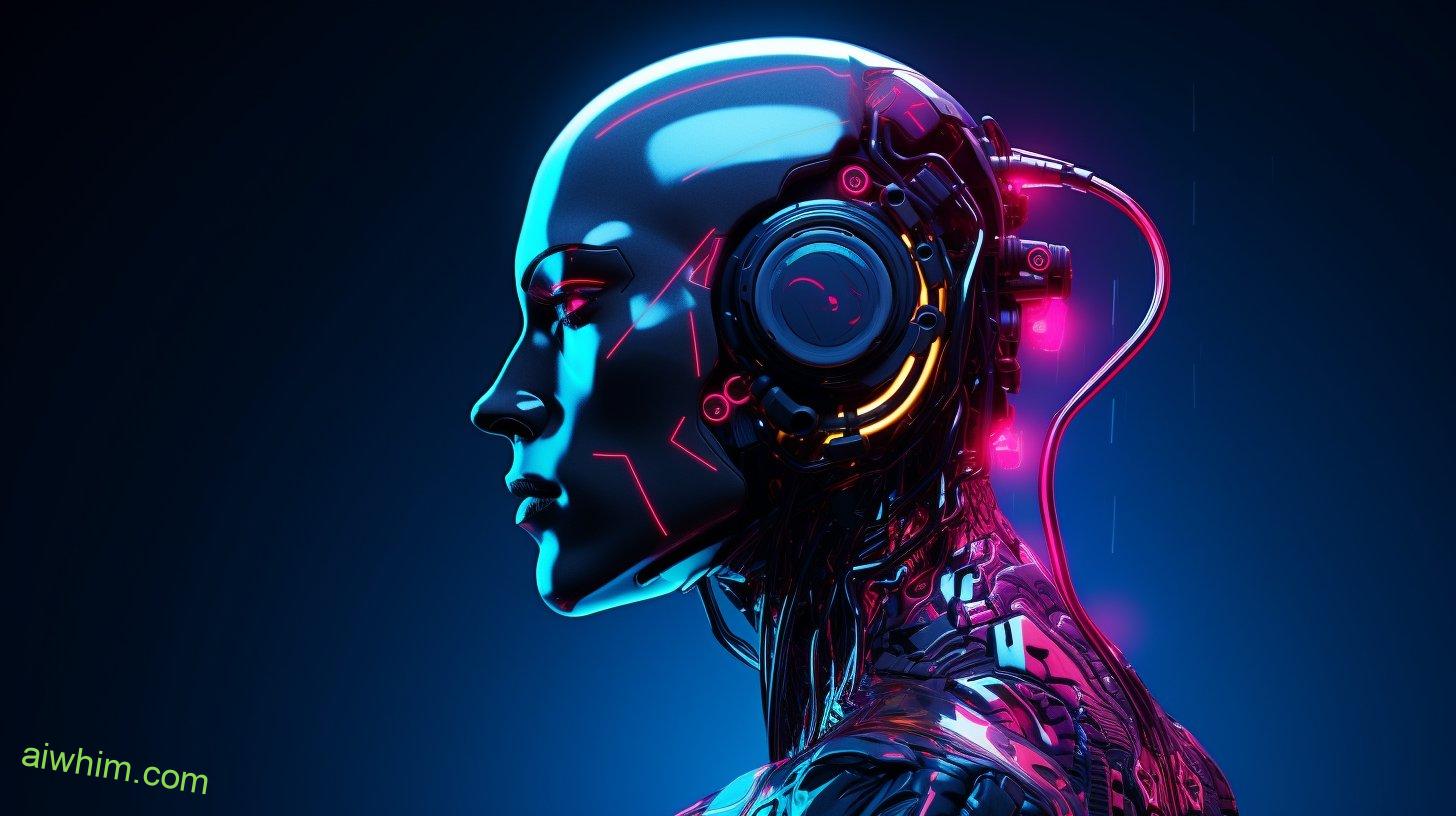
AI Advancements in Healthcare
As we move forward in exploring the advancements of AI in healthcare, it’s important to recognize the potential impact these innovations can have on patient outcomes and overall healthcare delivery. AI in healthcare research has the potential to revolutionize the way we diagnose and treat diseases, improving patient care and saving lives.
One area where AI has already made significant strides is in medical imaging. AI algorithms can analyze medical images, such as X-rays and MRIs, with incredible accuracy and speed. This not only reduces the burden on radiologists but also helps to detect diseases and abnormalities earlier, leading to faster treatment and better outcomes for patients.
AI is also being used to develop personalized treatment plans. By analyzing a patient’s medical history, genetic data, and other relevant information, AI algorithms can identify the most effective treatment options tailored to each individual. This not only improves patient care but also reduces the risk of adverse reactions to medications.
Furthermore, AI has the potential to enhance healthcare delivery by improving efficiency and reducing costs. AI-powered chatbots can provide patients with instant access to medical information and advice, reducing the need for unnecessary doctor visits. AI algorithms can also help healthcare providers optimize their resources, such as hospital beds and operating rooms, ensuring that patients receive timely and appropriate care.
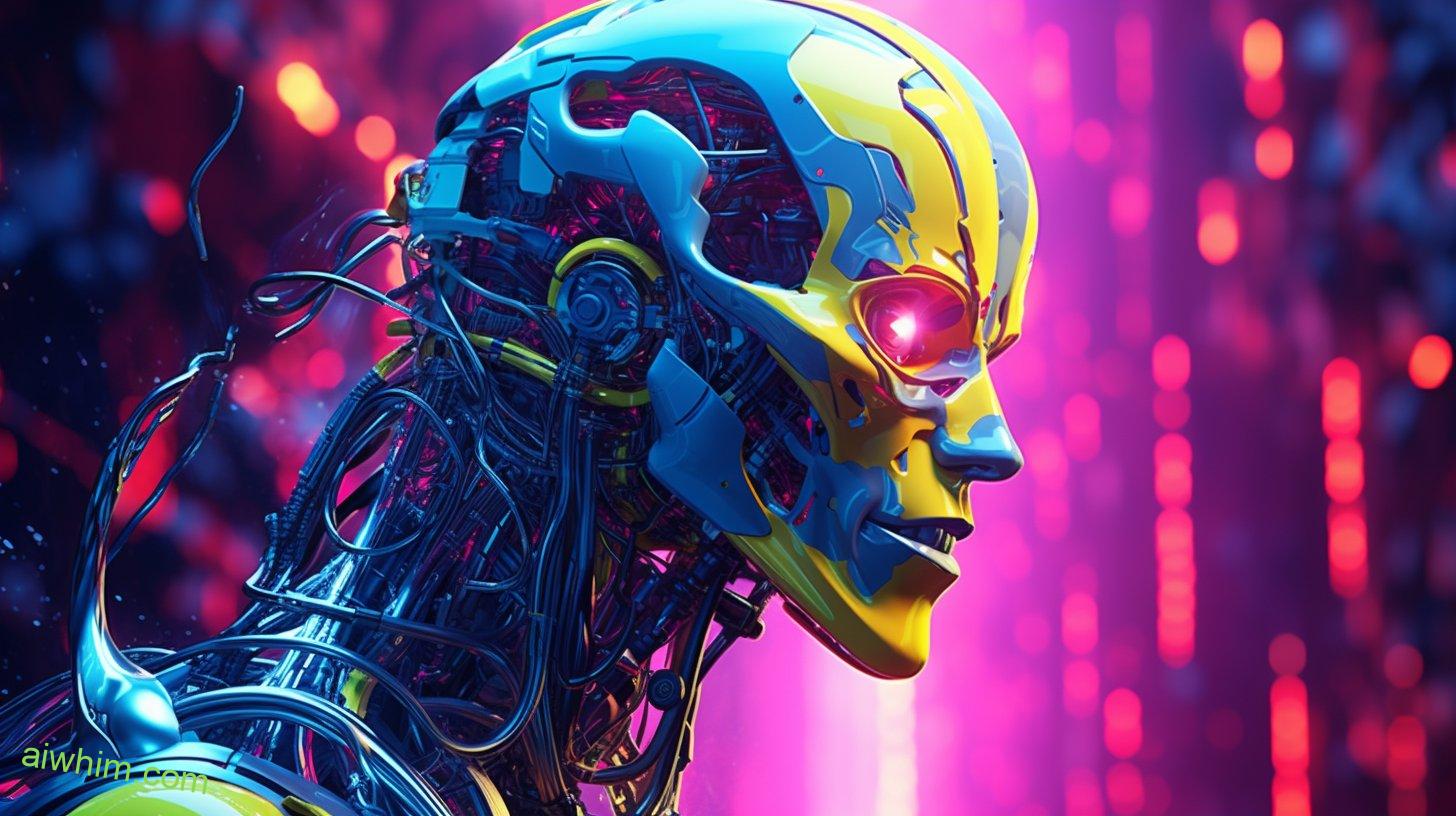
Current and Future Challenges in Health Informatics
You may be wondering about the current and future challenges in health informatics. As technology continues to evolve and healthcare systems become increasingly digitized, there are several challenges that health informatics professionals are currently facing. These challenges, along with future advancements, will shape the field of health informatics in the coming years. Here are some key points to consider:
- Data Privacy and Security: With the growing amount of sensitive patient data being stored and exchanged electronically, ensuring data privacy and security is a top concern. Health informatics specialists must implement robust security measures to protect patient information from unauthorized access or breaches.
- Interoperability: One of the current challenges in health informatics is the lack of interoperability between different healthcare systems and software applications. Health informatics professionals need to find ways to integrate and exchange data seamlessly across various platforms to improve patient care coordination.
- Data Quality and Standardization: Ensuring the accuracy, completeness, and consistency of health data is crucial for effective decision-making and research. Health informatics specialists face the challenge of standardizing data formats and improving data quality to enable accurate analysis and reporting.
- Ethical Use of Artificial Intelligence: As AI technologies are integrated into healthcare systems, ethical considerations arise. Health informatics professionals must navigate the ethical implications of AI, such as ensuring fairness, transparency, and accountability in AI algorithms and decision-making processes.
- Continuous Learning and Professional Development: The field of health informatics is rapidly evolving, and professionals need to stay updated with the latest advancements and best practices. Continuous learning and professional development are essential to keep up with emerging technologies and industry trends.
Looking ahead, future advancements in health informatics will focus on leveraging AI, machine learning, and big data analytics to improve healthcare outcomes, enhance patient engagement, and optimize healthcare delivery. However, addressing the current challenges in health informatics is crucial to lay a strong foundation for these future advancements.
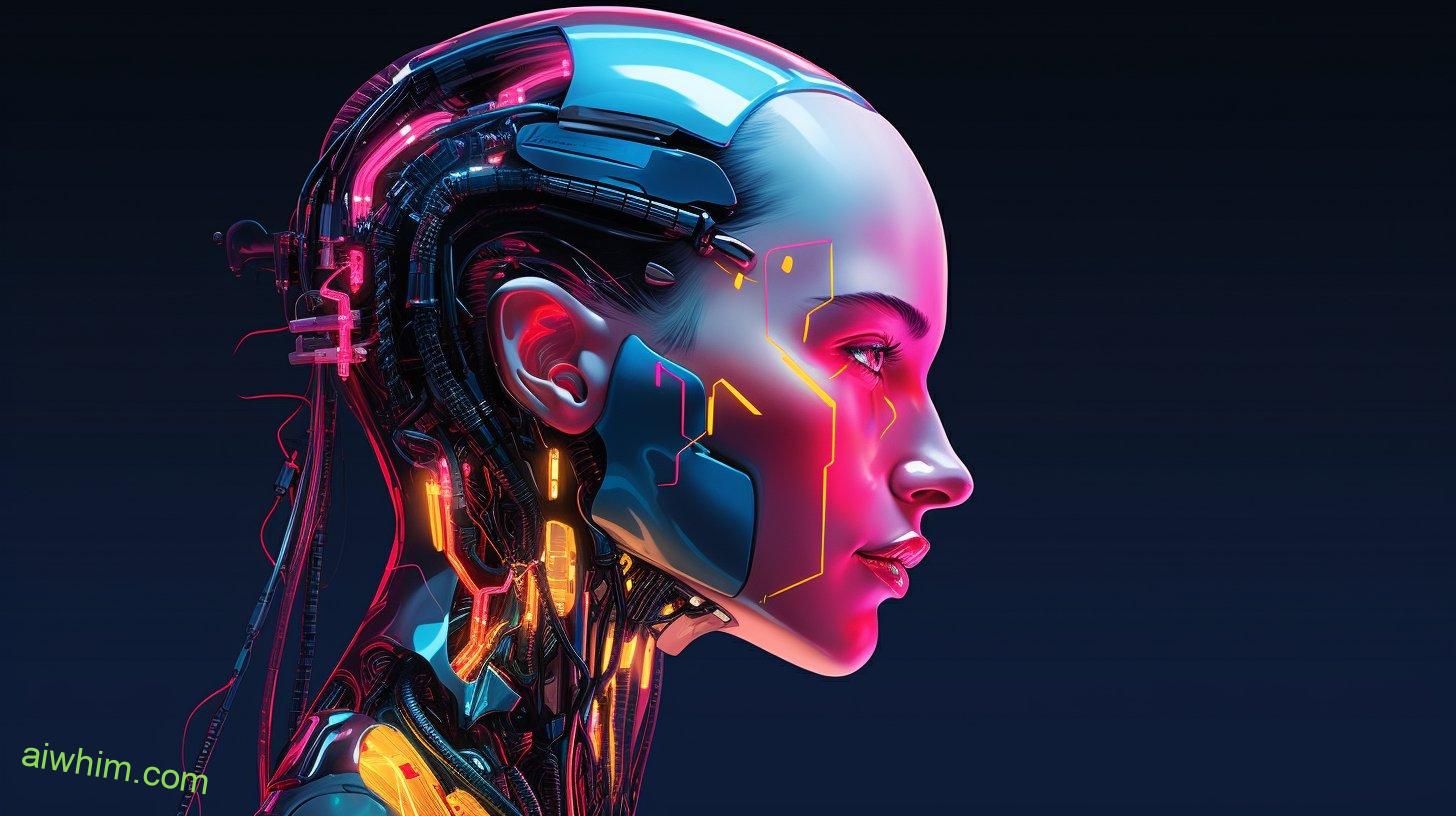
AI’s Impact on Data Management in Healthcare
The impact of AI on data management in healthcare is significant and transformative. AI technology has the potential to revolutionize the way patient data is managed, leading to improvements in patient care and clinical decision making.
AI’s impact on patient care is profound. With the ability to analyze vast amounts of patient data quickly and accurately, AI can help healthcare professionals identify patterns and trends that may go unnoticed by humans. This can lead to earlier detection of diseases, more personalized treatment plans, and better overall patient outcomes. AI algorithms can also assist in predicting patient outcomes, allowing healthcare providers to intervene proactively and prevent adverse events.
Furthermore, AI’s role in clinical decision making is invaluable. By integrating AI into electronic health record systems, healthcare professionals can access real-time, evidence-based recommendations at the point of care. This not only saves time but also ensures that clinicians have the most up-to-date information to make informed decisions. AI algorithms can analyze patient data, medical literature, and clinical guidelines to provide personalized treatment recommendations, improving the accuracy and efficiency of clinical decision making.
However, it’s important to note that while AI has the potential to enhance data management and improve patient care, it shouldn’t replace the role of healthcare professionals. AI should be seen as a tool to augment human intelligence and decision-making capabilities, rather than a replacement. The human touch and expertise are still crucial in interpreting AI-generated insights and making critical healthcare decisions.
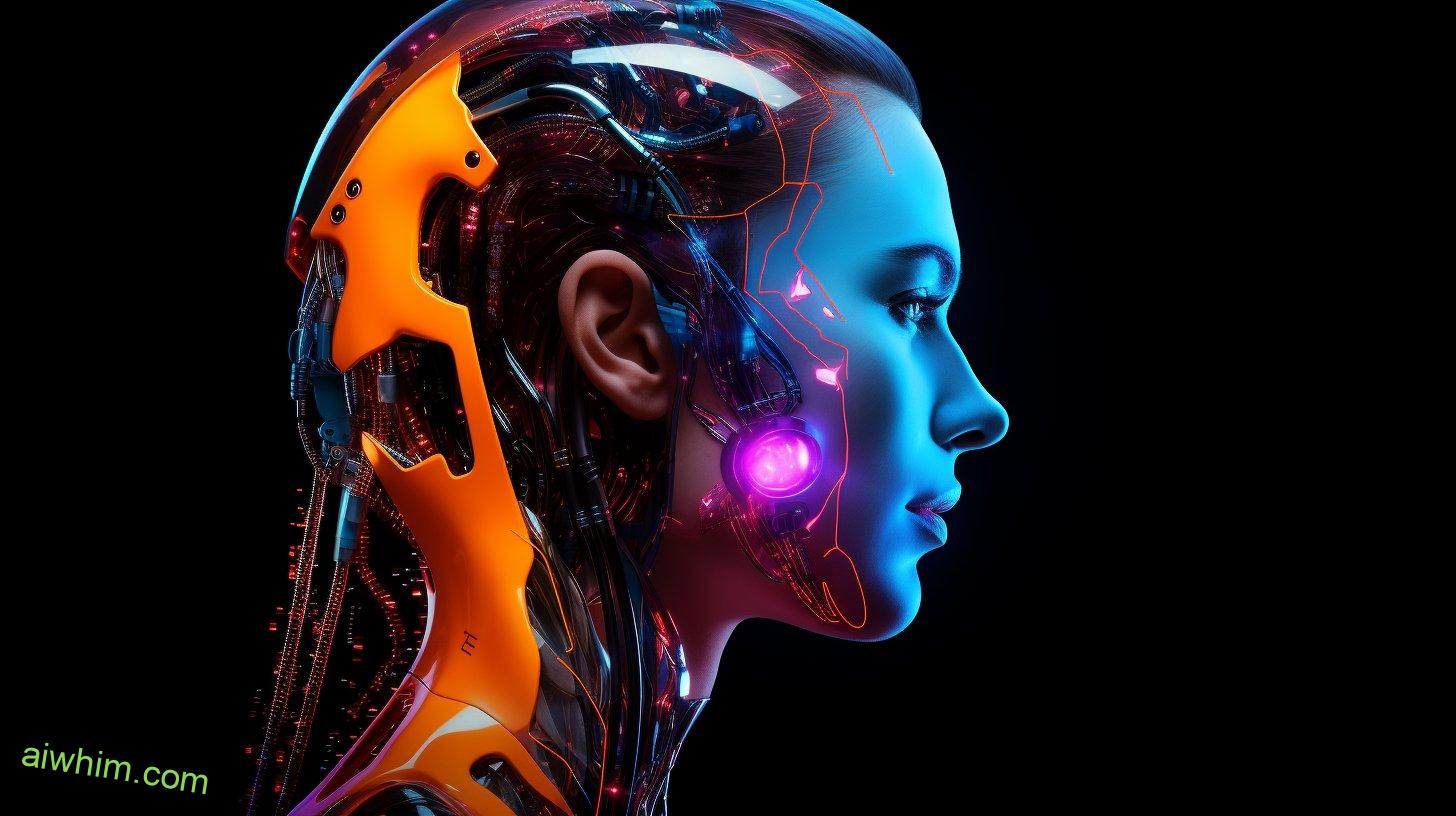
AI’s Potential to Automate Routine Tasks
AI’s impact on data management in healthcare extends beyond improving patient care and clinical decision making – it also has the potential to automate routine tasks. With the advancements in artificial intelligence and machine learning, healthcare organizations can now leverage these technologies to streamline their operations and increase efficiency.
Here are some key points to consider regarding AI’s potential to automate routine tasks:
- Automation benefits: AI can automate repetitive and time-consuming tasks, such as data entry, data extraction, and report generation. By automating these tasks, healthcare professionals can save valuable time and focus on more complex and critical aspects of their work. This can lead to improved productivity, reduced errors, and increased job satisfaction.
- Improved accuracy: AI algorithms can analyze large amounts of data quickly and accurately, making them ideal for tasks that require precision. From medical coding and billing to inventory management, AI can minimize human errors and ensure data integrity.
- Resource optimization: By automating routine tasks, healthcare organizations can optimize their resources and allocate them more effectively. This can result in cost savings and improved resource utilization, allowing healthcare professionals to focus on delivering high-quality care to patients.
- AI limitations: While AI has the potential to automate routine tasks, it’s important to acknowledge its limitations. AI systems rely on accurate and reliable data, and any errors or biases in the input data can lead to incorrect outcomes. Additionally, AI may struggle with tasks that require human judgment, empathy, and creativity.
- Collaborative approach: Rather than replacing health informatics specialists, AI should be seen as a tool to support their work. By collaborating with AI systems, health informatics specialists can leverage their expertise and domain knowledge to ensure the accuracy and ethical use of AI technologies.
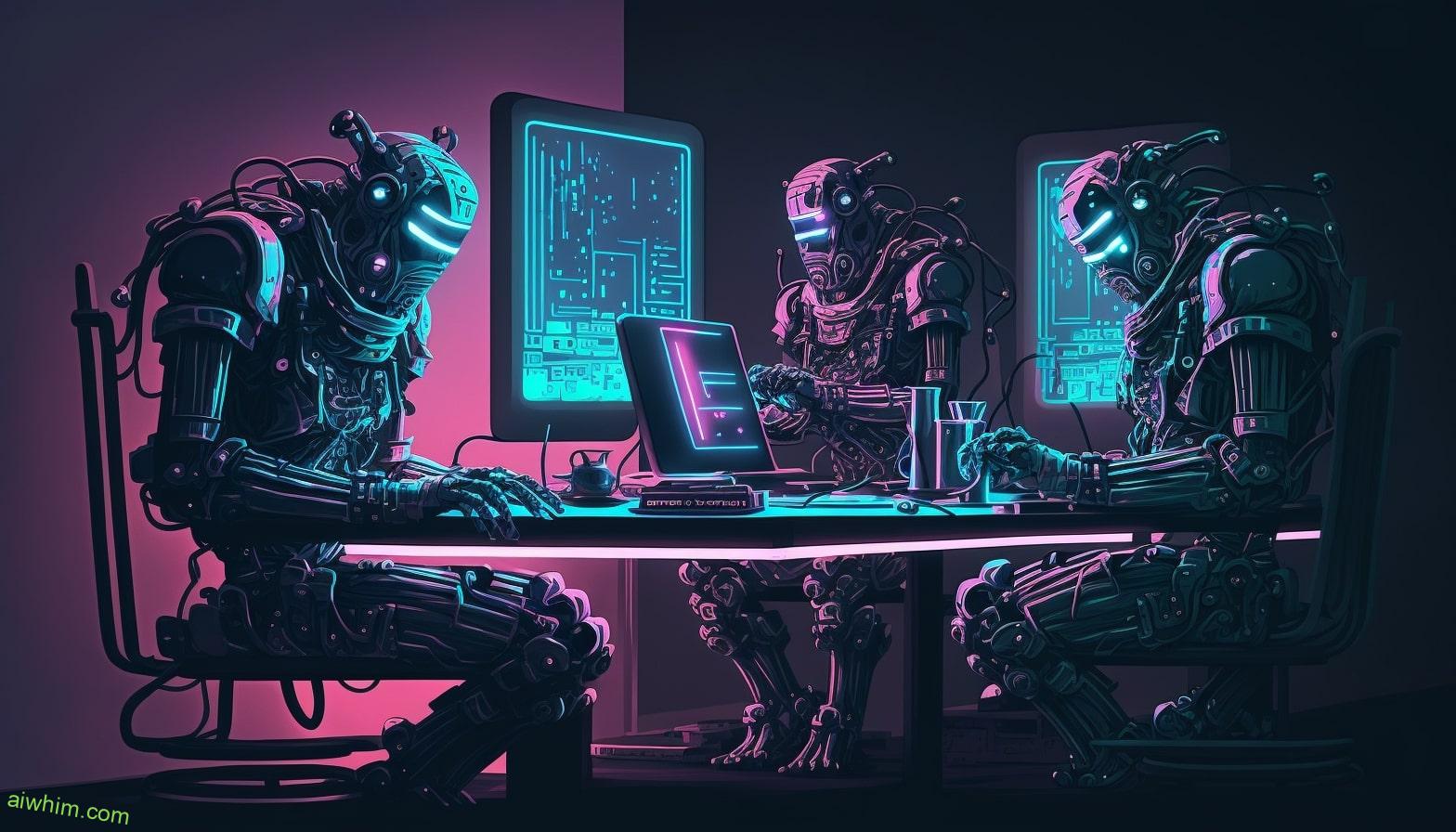
The Role of AI in Diagnosis and Treatment
With its ability to analyze vast amounts of medical data and identify patterns, AI is revolutionizing the field of healthcare by playing a crucial role in the diagnosis and treatment of patients. AI in medical research has the potential to transform the way diseases are understood and treated. By analyzing massive datasets, AI algorithms can identify new patterns and correlations that may have otherwise gone unnoticed. This allows researchers to gain deeper insights into the underlying causes of diseases and develop more effective treatments.
In addition to medical research, AI is also being used in patient monitoring. AI-powered monitoring systems can continuously analyze patient data, such as vital signs and symptoms, to detect early signs of deterioration or complications. This real-time monitoring enables healthcare providers to intervene promptly, potentially saving lives and improving patient outcomes. AI algorithms can also assist in diagnosing diseases by comparing a patient’s symptoms and medical history with vast databases of similar cases. This can help physicians make more accurate and timely diagnoses, leading to better treatment decisions.
However, it’s important to note that AI shouldn’t replace human healthcare professionals. While AI can analyze large amounts of data and identify patterns, it lacks the ability to understand the nuanced context of individual patients. Human healthcare providers bring a wealth of knowledge, experience, and empathy to patient care, which can’t be replicated by AI. Instead, AI should be viewed as a valuable tool that can augment and enhance the capabilities of healthcare professionals.
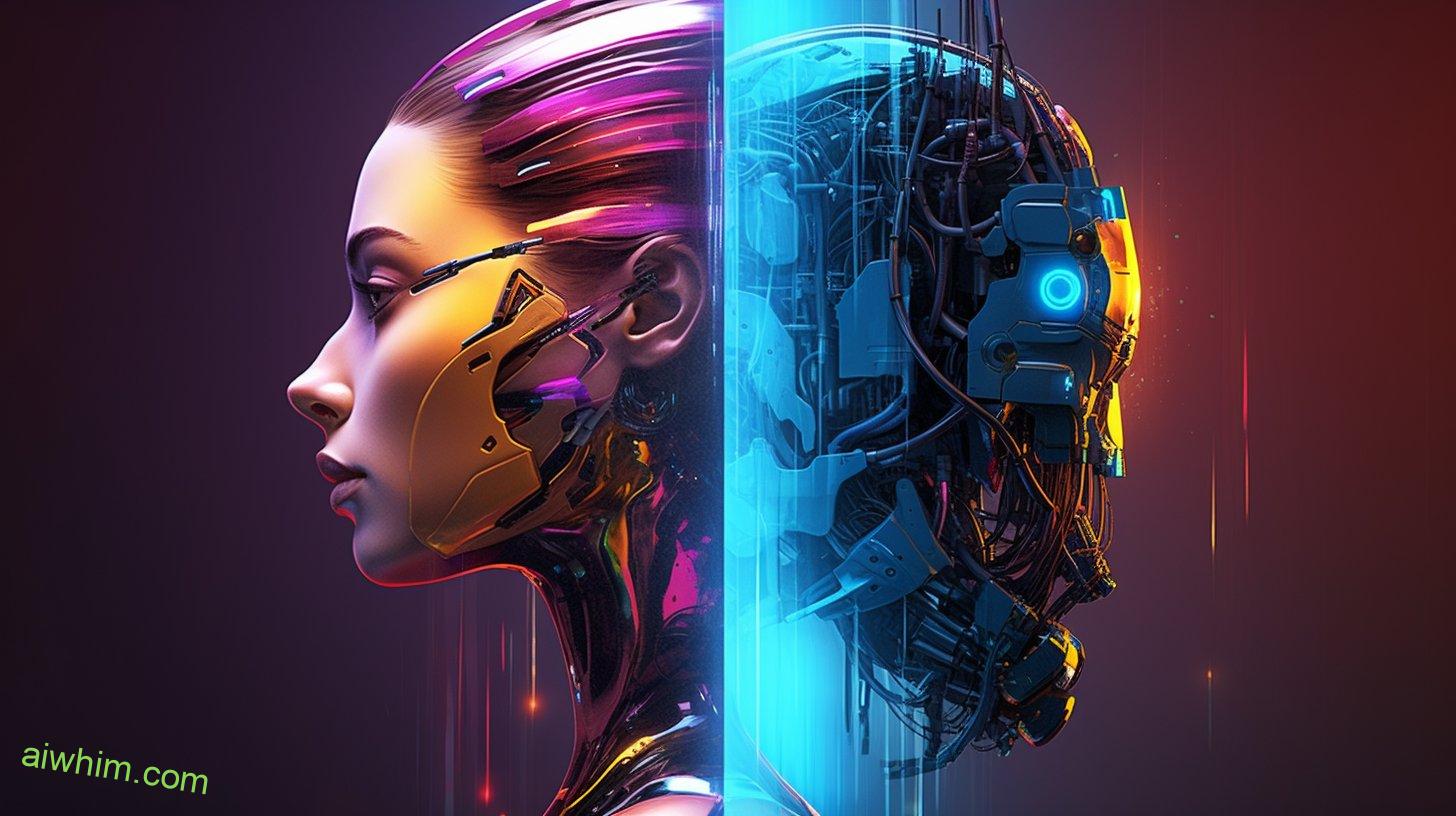
The Importance of Human Expertise in Health Informatics
As healthcare continues to evolve with the integration of AI technology, it’s crucial to recognize that human expertise remains vital in the field of health informatics. While AI has made significant advancements in diagnosis and treatment, there are certain aspects where human involvement is irreplaceable. Here are five reasons why human expertise is indispensable in health informatics:
- Critical thinking and decision-making: Health informatics specialists possess the ability to analyze complex medical data and make informed decisions based on their expertise and experience. This critical thinking capability allows them to consider various factors and nuances that AI may overlook.
- Ethical considerations: AI lacks the ability to navigate the ethical dilemmas that arise in healthcare. Human experts are trained to handle sensitive information, maintain patient confidentiality, and make ethical choices that align with patient welfare.
- Interpretation of patient context: While AI can process vast amounts of data quickly, it often struggles to interpret the patient’s context accurately. Health informatics specialists can understand the unique circumstances, emotions, and preferences of individuals, enabling more personalized care.
- Effective communication: The ability to communicate complex medical information to patients, caregivers, and other healthcare professionals is a crucial skill possessed by health informatics specialists. AI can’t replicate the empathy and understanding that human experts bring to these interactions.
- Human-machine collaboration: Rather than replacing humans, AI should be viewed as a tool to enhance human capabilities. Health informatics specialists can collaborate with AI systems to leverage their strengths and improve patient outcomes.
While AI has its limitations, human expertise in health informatics remains invaluable. The field requires a balance between technological advancements and the human touch to provide the best possible care for patients.
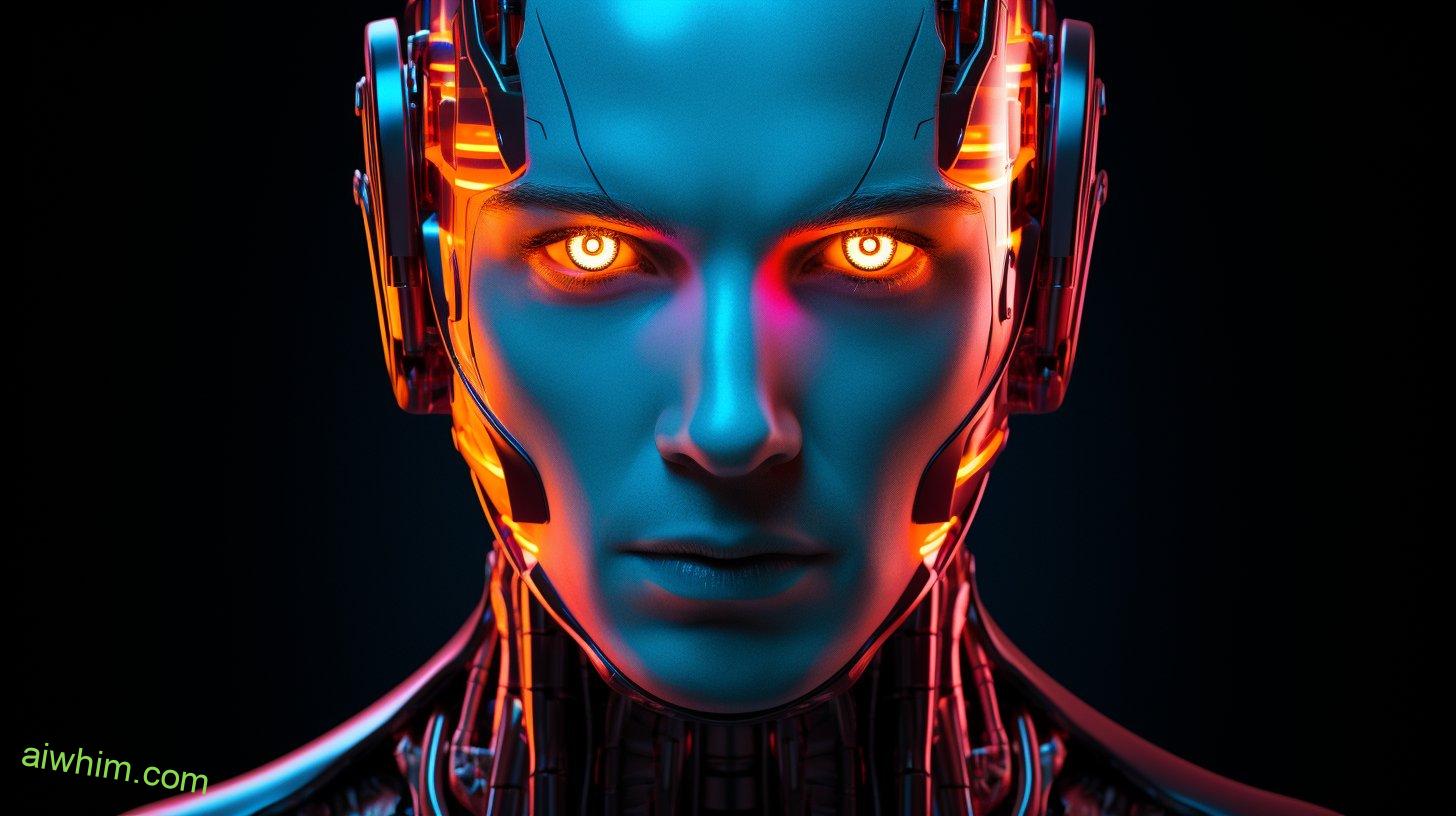
Ethical Considerations in AI Adoption
Ethical considerations play a crucial role in the adoption of AI in healthcare. As AI technology becomes increasingly integrated into the healthcare system, it’s essential to address the ethical implications and privacy concerns that arise. AI has the potential to greatly improve patient care and outcomes, but it also raises important ethical questions.
One of the main ethical implications of AI adoption in healthcare is the potential loss of human touch and empathy. While AI algorithms can analyze vast amounts of data and provide valuable insights, they lack the ability to understand emotions and provide compassionate care. Patients may feel disconnected and dehumanized if their interactions with healthcare professionals are replaced by AI systems. It’s important to strike a balance between the efficiency of AI and the importance of human connection in healthcare.
Privacy concerns also arise with the use of AI in healthcare. AI systems require access to a large amount of patient data in order to make accurate predictions and recommendations. However, this raises questions about the security and confidentiality of patient information. It’s crucial to establish robust data protection measures to ensure that patient privacy is maintained. Transparency and consent should also be prioritized, allowing patients to have control over their data and be aware of how it’s being used.
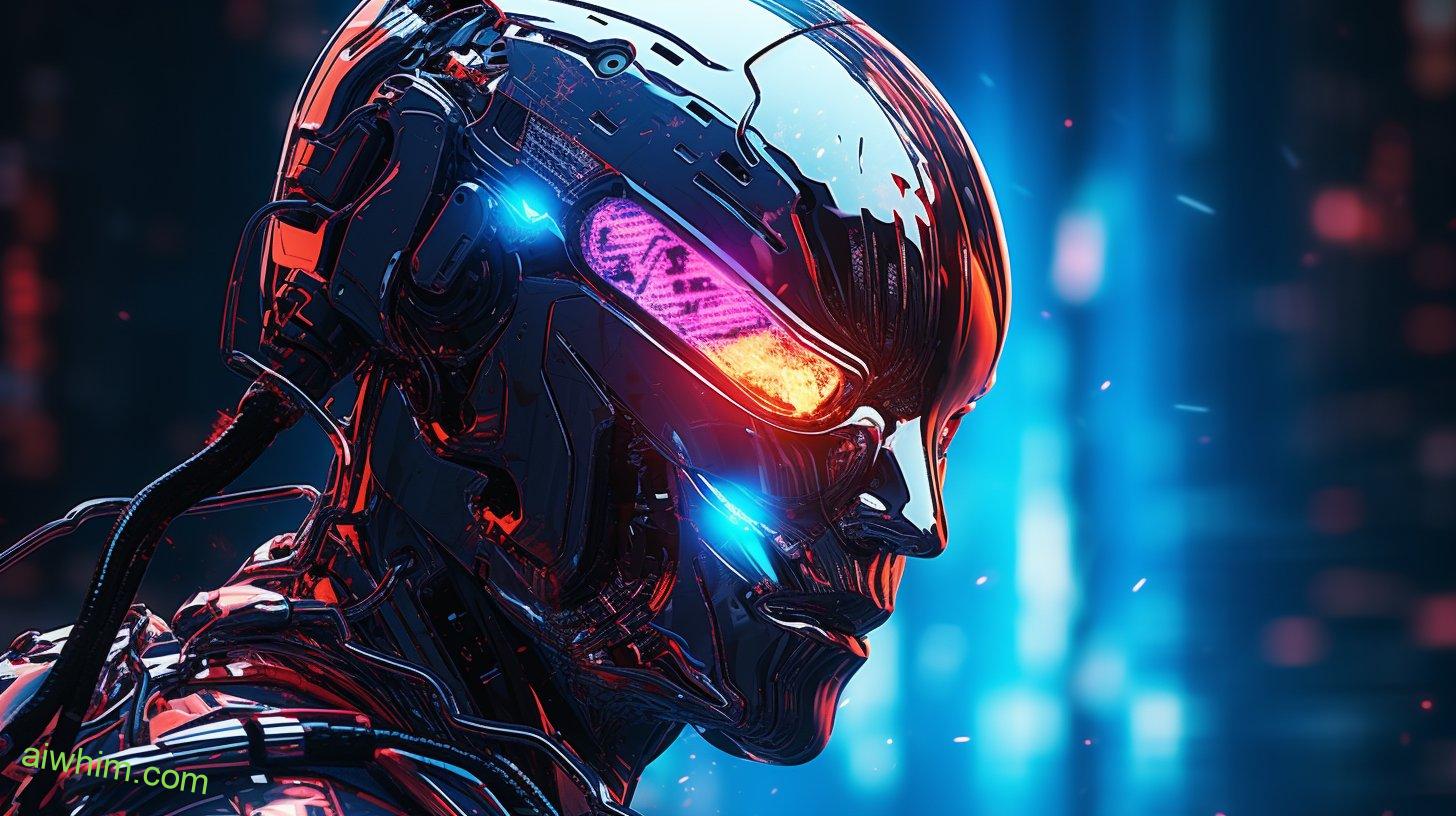
The Skills and Knowledge of Health Informatics Specialists
Health informatics specialists possess a unique combination of technical expertise and healthcare knowledge. These professionals play a crucial role in bridging the gap between technology and healthcare, ensuring that data and information are effectively managed and utilized to improve patient care.
To excel in this field, health informatics specialists require a specific set of skills and competencies, as well as a solid education and training background.
Here are five key skills and competencies that health informatics specialists must possess:
- Technical proficiency: Health informatics specialists must have a strong understanding of various technologies used in healthcare, such as electronic health records (EHR) systems, data analytics tools, and health information exchange platforms.
- Healthcare domain knowledge: These specialists need to be well-versed in medical terminology, healthcare workflows, and regulatory requirements to effectively communicate and collaborate with healthcare professionals.
- Data management and analysis: Health informatics specialists should be capable of collecting, organizing, and analyzing healthcare data to derive meaningful insights and support evidence-based decision-making.
- Information security: Given the sensitive nature of healthcare data, health informatics specialists must have a solid understanding of information security protocols and best practices to ensure the privacy and confidentiality of patient information.
- Communication and collaboration: Effective communication and collaboration skills are essential for health informatics specialists to work closely with healthcare professionals, IT teams, and other stakeholders to implement and optimize health information systems.
To acquire these skills and competencies, individuals pursuing a career in health informatics often pursue formal education and training. This may include obtaining a bachelor’s or master’s degree in health informatics or a related field, as well as gaining practical experience through internships or on-the-job training.

AI’s Potential to Enhance Healthcare Delivery
To understand how AI can revolutionize healthcare delivery, consider its potential to transform the way health informatics specialists manage and utilize data and information. AI has the power to greatly impact patient care and improve healthcare outcomes.
One of the key ways AI can enhance healthcare delivery is by improving the accuracy and efficiency of diagnosis and treatment. With AI-powered algorithms and machine learning techniques, healthcare providers can analyze large amounts of patient data to identify patterns, predict diseases, and recommend personalized treatment plans. This not only saves time but also ensures that patients receive the most appropriate care based on their individual needs.
Furthermore, AI can help streamline administrative tasks and reduce healthcare costs. By automating repetitive tasks such as appointment scheduling, billing, and record-keeping, AI can free up healthcare professionals to focus more on patient care. This not only improves efficiency but also reduces the chances of errors and delays in healthcare delivery.
AI can also play a pivotal role in improving healthcare outcomes by enabling remote monitoring and telemedicine. Through the use of wearable devices and sensors, AI can continuously monitor patient health parameters and alert healthcare providers of any abnormalities or potential risks. This proactive approach allows for early intervention and timely treatment, ultimately leading to better patient outcomes.
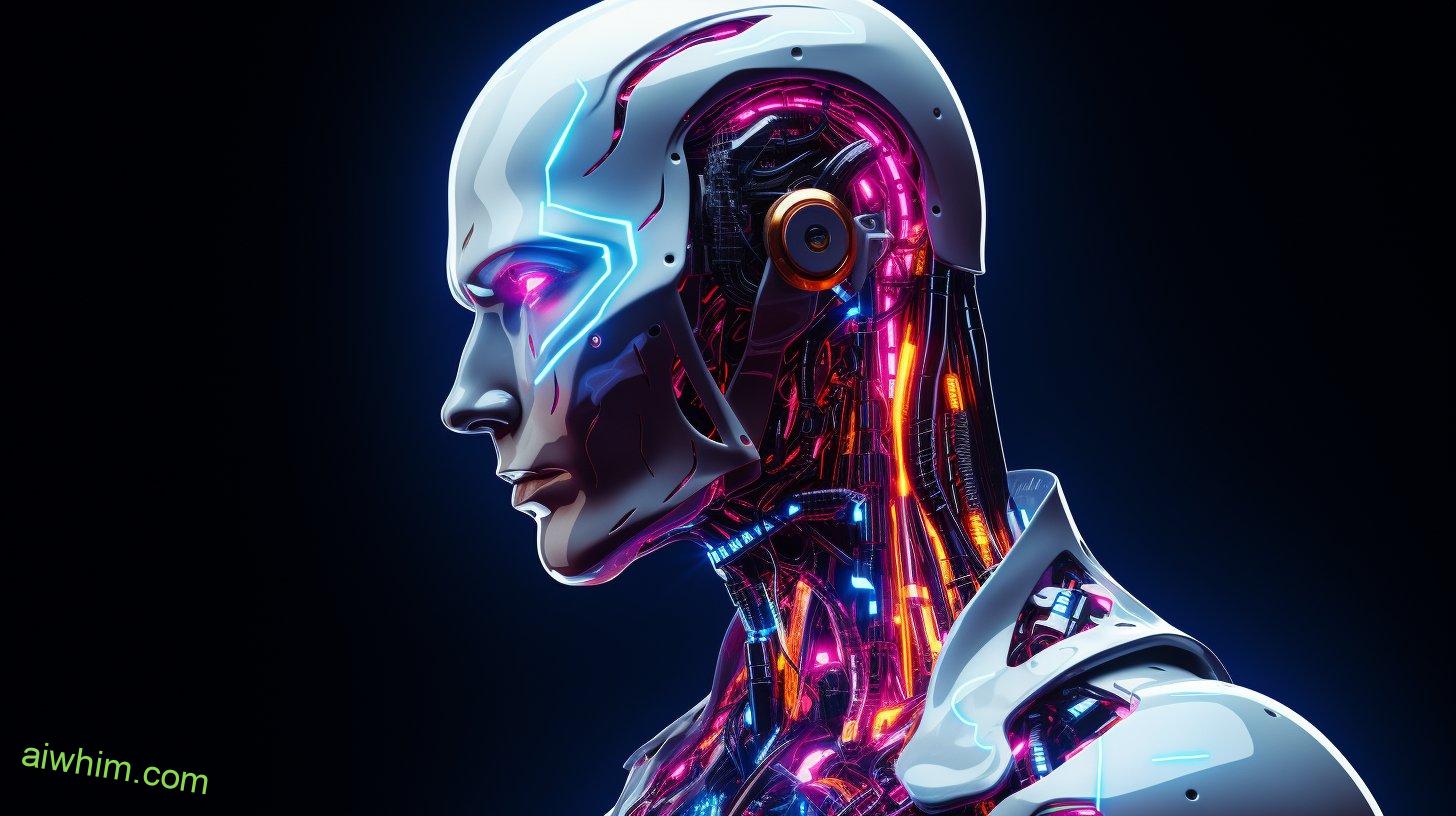
The Collaborative Relationship Between AI and Health Informatics Specialists
AI and health informatics specialists work collaboratively to leverage the power of technology and data in healthcare delivery. In this collaborative relationship, both AI and health informatics specialists bring unique strengths and expertise to the table, creating a synergistic partnership that enhances the quality and efficiency of healthcare services.
Here are five key points to highlight the collaborative opportunities and AI integration in the field of health informatics:
- Data analysis and interpretation: Health informatics specialists collect and manage vast amounts of healthcare data, while AI algorithms can analyze this data rapidly and accurately, extracting valuable insights and patterns that inform decision-making processes.
- Automation of routine tasks: AI technology can automate repetitive and mundane tasks, freeing up health informatics specialists to focus on more complex and critical aspects of their work. This allows for improved productivity and efficiency in healthcare delivery.
- Clinical decision support: AI systems can provide real-time, evidence-based recommendations and alerts to health informatics specialists, aiding in the diagnosis and treatment of patients. This collaboration between human expertise and AI capabilities enhances the accuracy and effectiveness of clinical decision-making.
- Predictive analytics: By combining historical patient data with AI algorithms, health informatics specialists can predict and prevent adverse events or complications. AI integration enables early detection and intervention, leading to improved patient outcomes and reduced healthcare costs.
- Continuous learning and improvement: AI technology can continuously learn from new data inputs and update its algorithms, providing health informatics specialists with up-to-date information and insights. This collaborative learning process ensures that healthcare practices and protocols are always evolving to align with the latest evidence and best practices.
The collaborative relationship between AI and health informatics specialists maximizes the potential of technology and data in healthcare delivery. By leveraging each other’s strengths, they can drive innovation, improve patient outcomes, and enhance the overall quality of healthcare services.
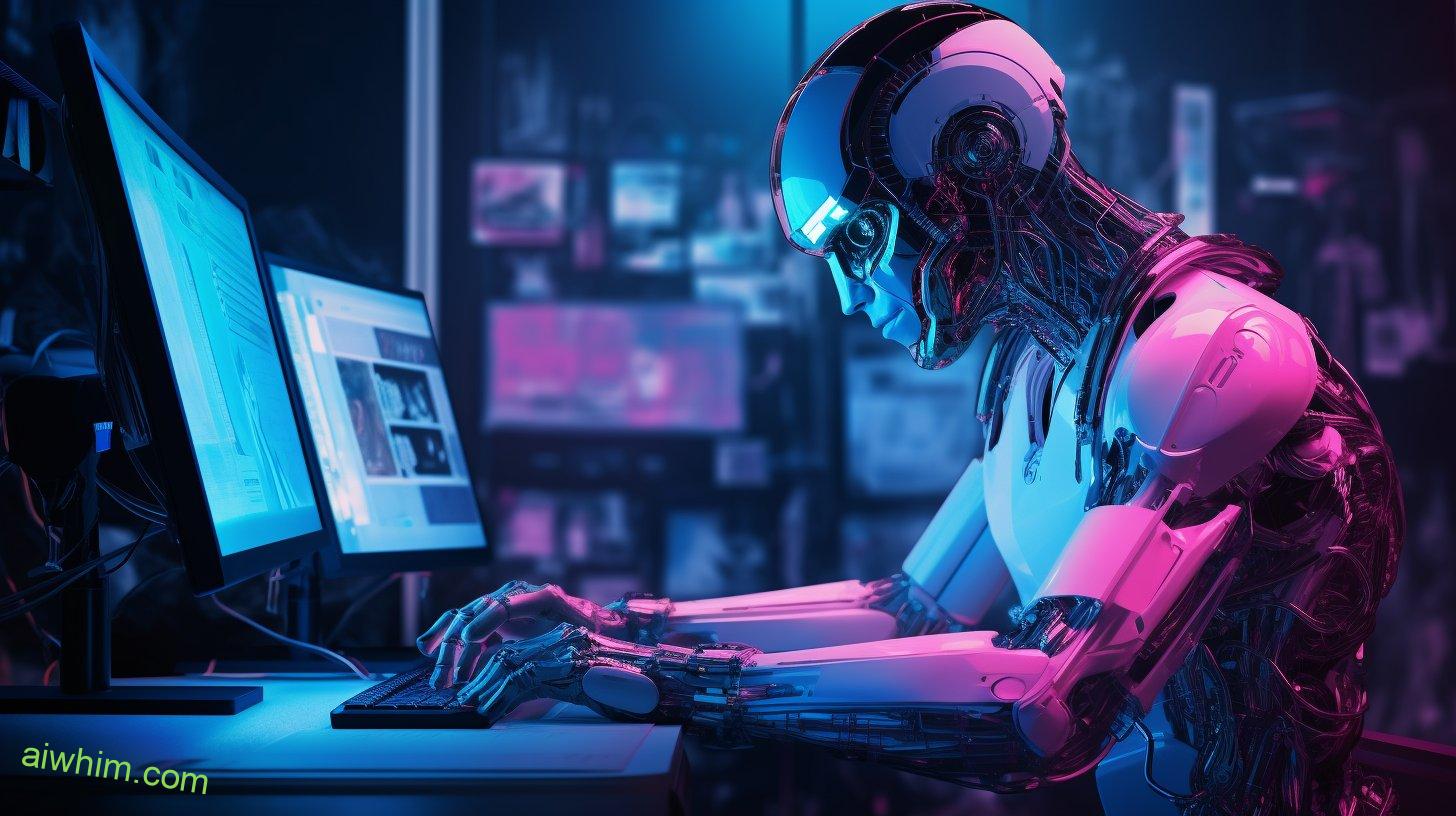
Job Outlook for Health Informatics Specialists in the Era of AI
The demand for health informatics specialists is expected to increase in the era of AI, as technology continues to play a pivotal role in healthcare delivery. With the rapid advancements in artificial intelligence, there are concerns about the potential of AI replacing jobs in various industries. However, when it comes to health informatics specialists, AI isn’t expected to replace them but rather enhance their roles and create new job opportunities.
The integration of AI into healthcare systems has resulted in the generation of vast amounts of data. Health informatics specialists are crucial in managing and analyzing this data to improve patient care and outcomes. As AI continues to evolve, these specialists will be needed to ensure the accuracy and integrity of the data being used. They’ll also be responsible for implementing AI algorithms and models into existing healthcare systems.
In terms of job opportunities, the field of health informatics is expected to grow significantly in the coming years. According to job market trends, there’s a high demand for professionals with expertise in both healthcare and information technology. Health informatics specialists possess the unique skill set required for this role, making them highly sought after in the job market.
Moreover, the implementation of AI in healthcare has created new avenues for health informatics specialists to explore. They can now work on developing and optimizing AI algorithms, as well as collaborating with AI developers to create innovative solutions for healthcare challenges. This opens up exciting career prospects for those interested in combining their passion for healthcare and technology.

Conclusion: The Coexistence of AI and Health Informatics Specialists
As AI continues to advance, health informatics specialists will play an essential role in the coexistence between AI and the healthcare industry. While AI has the potential to automate certain tasks and improve efficiency, it can’t completely replace the expertise and human touch provided by health informatics specialists.
Here are five reasons why the coexistence of AI and health informatics specialists is crucial for the future of healthcare:
- Clinical understanding: Health informatics specialists have a deep understanding of both clinical workflows and data management. They possess the knowledge to bridge the gap between AI algorithms and real-world healthcare settings, ensuring that AI systems are effectively integrated into clinical practice.
- Data management: Health informatics specialists are skilled in managing and analyzing complex healthcare data. They can assist in optimizing AI algorithms by ensuring accurate and reliable data inputs, as well as interpreting the outputs in a meaningful way for healthcare professionals.
- Ethical considerations: AI raises important ethical concerns in healthcare, such as privacy, bias, and accountability. Health informatics specialists can help navigate these ethical challenges by ensuring that AI systems are designed and implemented in a way that respects patient privacy, minimizes bias, and maintains accountability for the decisions made by AI algorithms.
- Continuous improvement: AI algorithms require continuous improvement and fine-tuning to remain effective. Health informatics specialists can contribute by monitoring the performance of AI systems, identifying areas for improvement, and implementing necessary changes to optimize their functionality.
- Human interaction and empathy: Healthcare is a field that requires empathy and human interaction. While AI can assist in many aspects of healthcare, it can’t replace the compassion and understanding that health informatics specialists bring to patient care. They can use their expertise to complement AI systems and provide personalized care to patients.
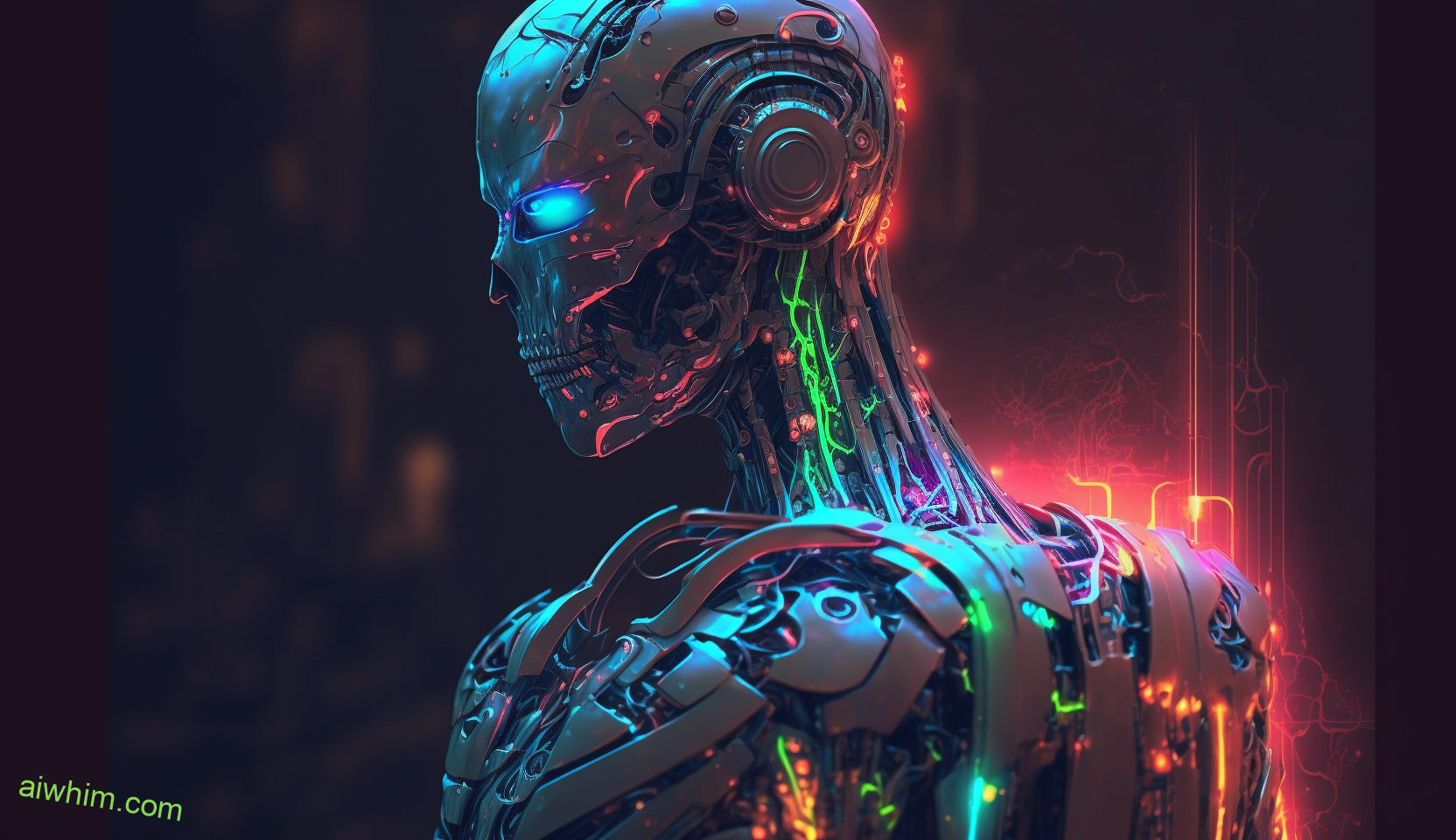
Frequently Asked Questions
How Does AI Impact the Job Responsibilities of Health Informatics Specialists?
AI greatly impacts the job responsibilities of health informatics specialists. Automation and the role of AI in healthcare have led to increased efficiency, improved data analysis, and decision-making support, allowing specialists to focus on more complex tasks and providing better patient care.
What Are Some Potential Ethical Concerns Related to the Adoption of AI in Health Informatics?
Privacy concerns and bias implications are potential ethical concerns related to the adoption of AI in health informatics. Your freedom may be compromised as AI collects and analyzes personal data, and biases in AI algorithms may result in unequal treatment.
What Specific Skills and Knowledge Are Required to Become a Health Informatics Specialist in the Era of AI?
To become a health informatics specialist in the era of AI, you need a strong foundation in skills like data analysis, programming, and database management. In addition, knowledge of AI technologies and their applications in healthcare is crucial.
How Does AI Enhance the Delivery of Healthcare Services?
AI in healthcare is like a trusted assistant that enhances the delivery of medical services. It improves accuracy and efficiency in medical diagnosis, helping healthcare providers deliver better care and freeing them to focus on what matters most: you.
What Is the Future Outlook for Job Opportunities in the Field of Health Informatics With the Increasing Presence of Ai?
In the future, job opportunities in health informatics will be influenced by the increasing presence of AI. AI can enhance efficiency and accuracy, creating new roles and areas for growth in the field.

Conclusion
In this era of AI, health informatics specialists aren’t being replaced, but rather, they’re evolving alongside technology.
Like a harmonious symphony, AI and health informatics specialists work together to create a seamless healthcare experience.
While AI may streamline processes and enhance data management, it’s the human touch of the specialists that ensures personalized care and critical thinking.
The coexistence of AI and health informatics specialists is essential for the future of healthcare.

